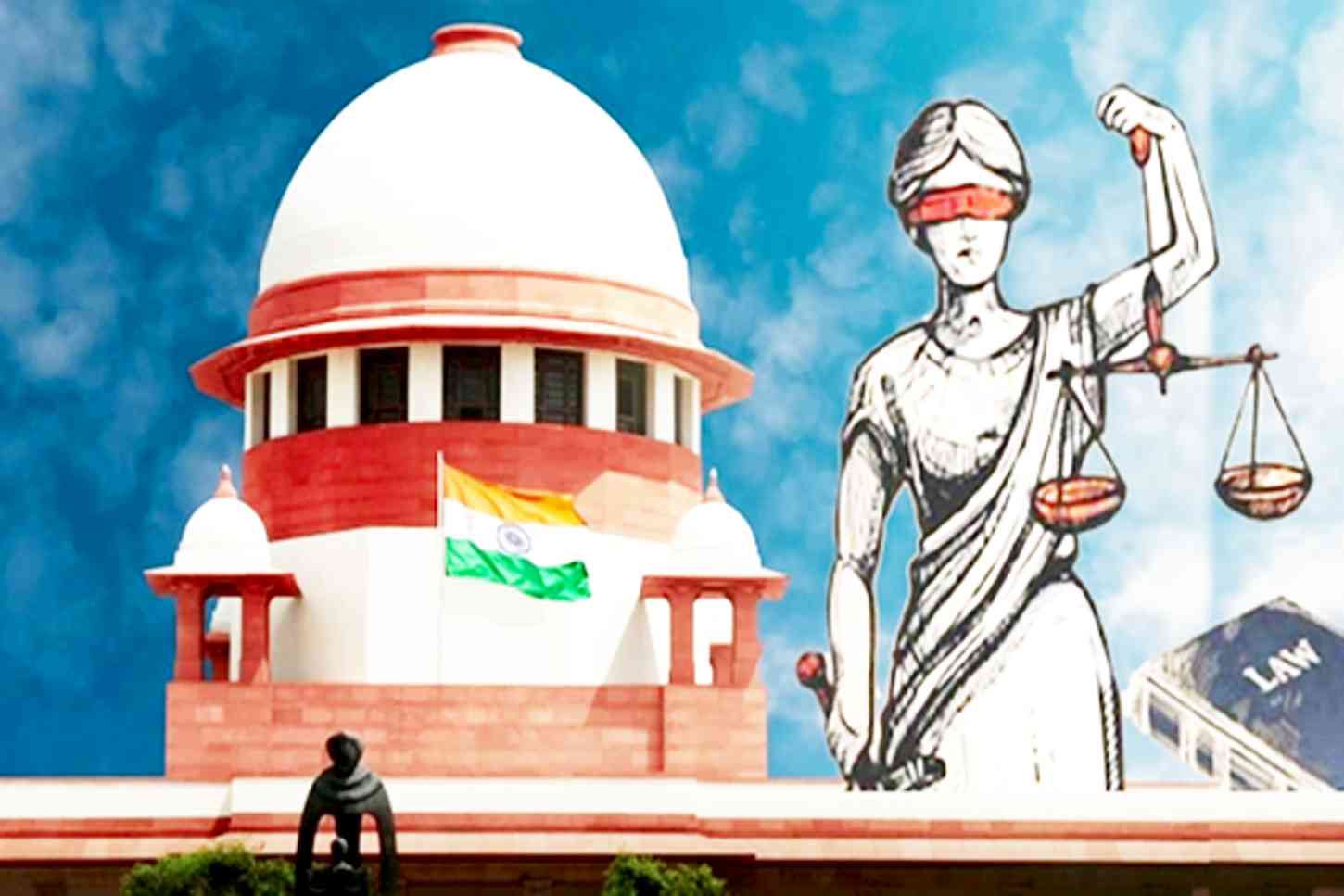An All-Important Impetus to Ending Caste-Based Discrimination in Prisons: AILAJ

Way back in 1978, Jst. Krishna Iyer, in Sunil Batra (I) v. Delhi Administration described India’s prisons in the following words: “A prison is a sound-proof planet, walled from view and visits regulated, and so, rights of prisoners are hardly visible, checking is more difficult and the official position of the repository of power inspires little credibility where the victims can be political protesters, unpopular figures, minority champions or artless folk who might fail to propitiate arrogant power of minor minions”.
Almost 50 years later, even as the jurisprudence around the prisoner rights has expanded the scope of a life with dignity even in incarceration, the journalist Sukanya Shanta, who has authored the award-winning report “From Segregation to Labour, Manu's Caste Law Governs the Indian Prison System”, approached the Supreme Court with a public interest litigation highlighting the caste-based segregation and discrimination in prisons in various states.
Impugned were prison manuals and rules of various States, some dating back to the 1950s like the Kerala Prison Rules 1958 and others as recent as 2022 including the Uttar Pradesh Jail Manual, 2022 and the Rajasthan Prisons Rules, 2022, which, variously contained provisions encoding caste discrimination in the division of manual labour, segregation of barracks on caste lines and which discriminated against prisoners belonging to denotified tribes and “habitual offenders”. The Supreme Court ruled that these provisions were unconstitutional for being violative of Articles 14, 15, 17, 21, and 23 of the Constitution. Importantly the Supreme Court directed all States and Union Territories to revise their Prison Manuals/Rules in accordance with this judgement within a period of three months. The Court has also directed that the “caste” column and any references to caste in undertrial and/or convicts’ prisoners’ registers inside the prisons be deleted.
Interestingly the Supreme Court locates this judgement in the larger fight against caste-based discrimination, while acknowledging that this battle “requires sustained effort, dedication, and the willingness to confront and challenge societal norms that perpetuate inequality”.
The Supreme Court has emphatically held that “not providing dignity to prisoners is a relic of the colonisers and pre-colonial mechanisms, where oppressive systems were designed to dehumanise and degrade those under the control of the State”. The Court further holds that prisoners are to be treated humanely and without cruelty, and “police officers and prison officials cannot take any disproportionate measures against prisoners”, and “be considerate of the physical and mental health of prisoners”.
The onus is now on the authorities to identify and cast away any of its practices reflecting feudal remnants or colonial vestiges. The onus is on the authorities to observe their duties recognising that the right to live with dignity extends even to the incarcerated.
While we welcome the judgement, AILAJ shares the deep dismay expressed by many, that successive governments at the Centre and States, prison and other concerned authorities miserably failed to address this task even 76 years after Independence, and it took Sukanya Shanta and her counsels, Dr. Muralidhar, Senior Counsel and advocates Disha Wadekar and S. Prasanna, to persuade the Supreme Court to end these caste-discriminatory practices in prisons. AILAJ expresses its profound gratitude to them for their instrumental role in the passing of this judgement.
- All India Lawyers Association for Justice (AILAJ) statement
Charu Bhawan, U-90, Shakarpur, Delhi 110092
Phone: +91-11-42785864 | +91 9717274961 E-mail: info@cpiml.org

